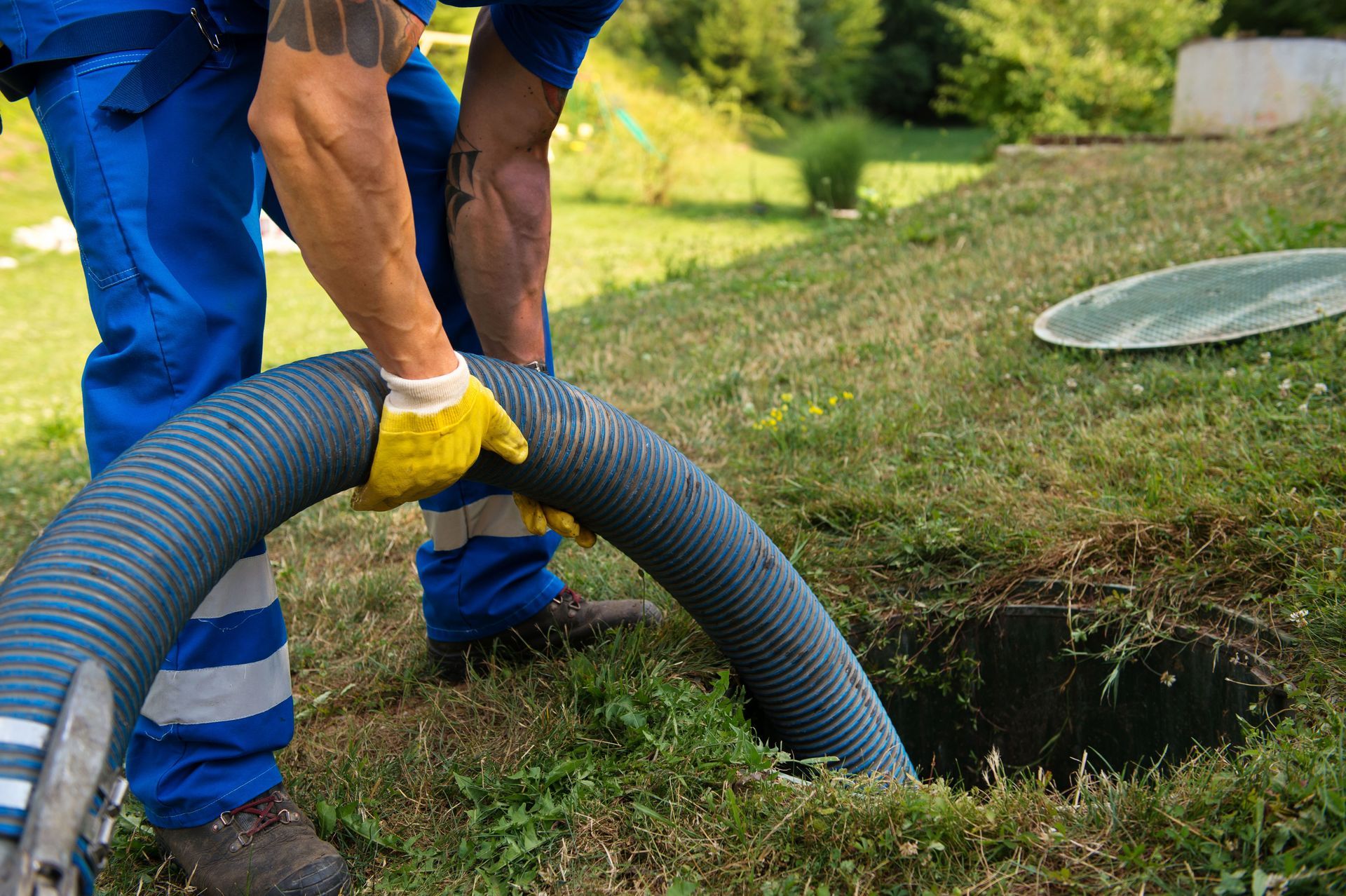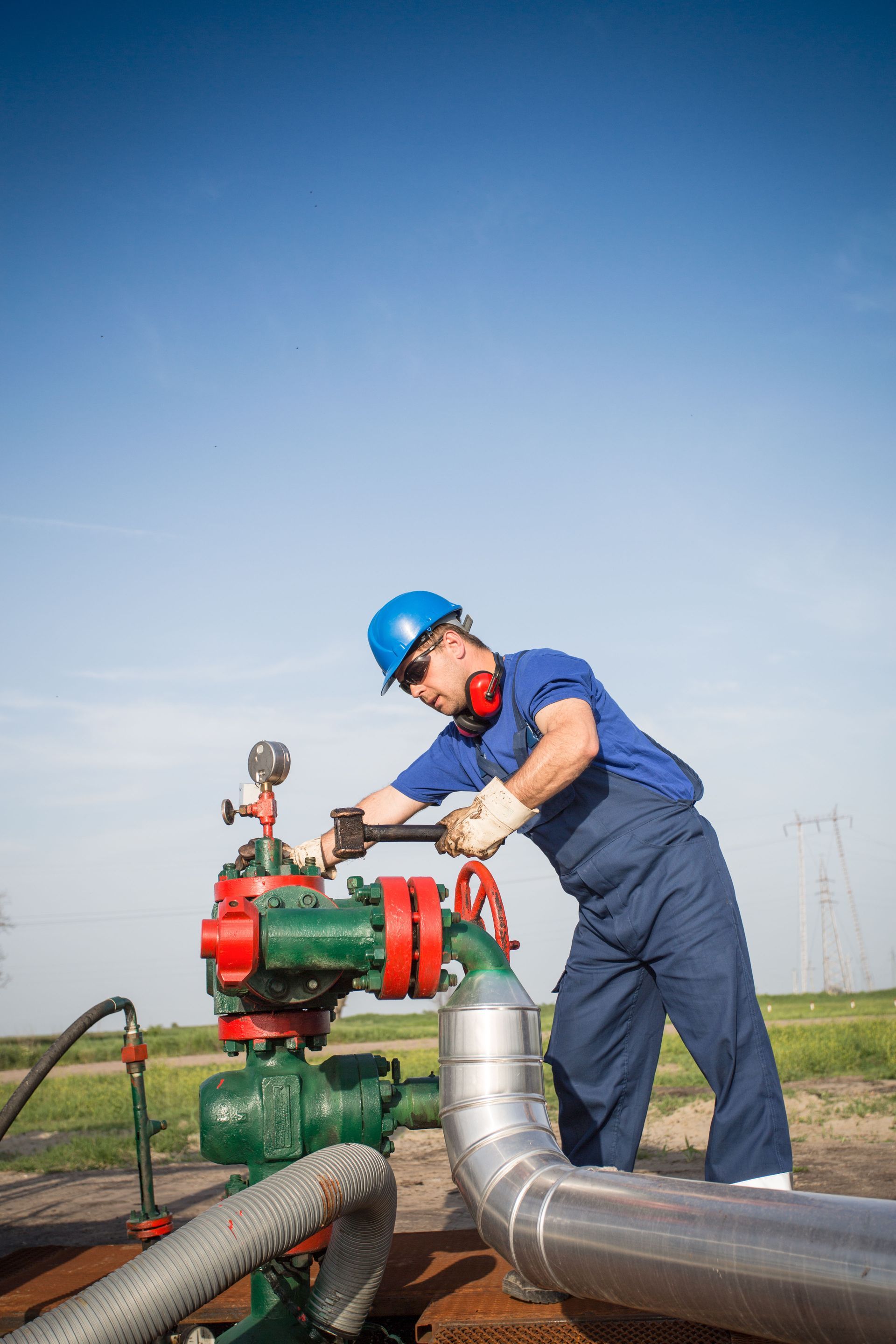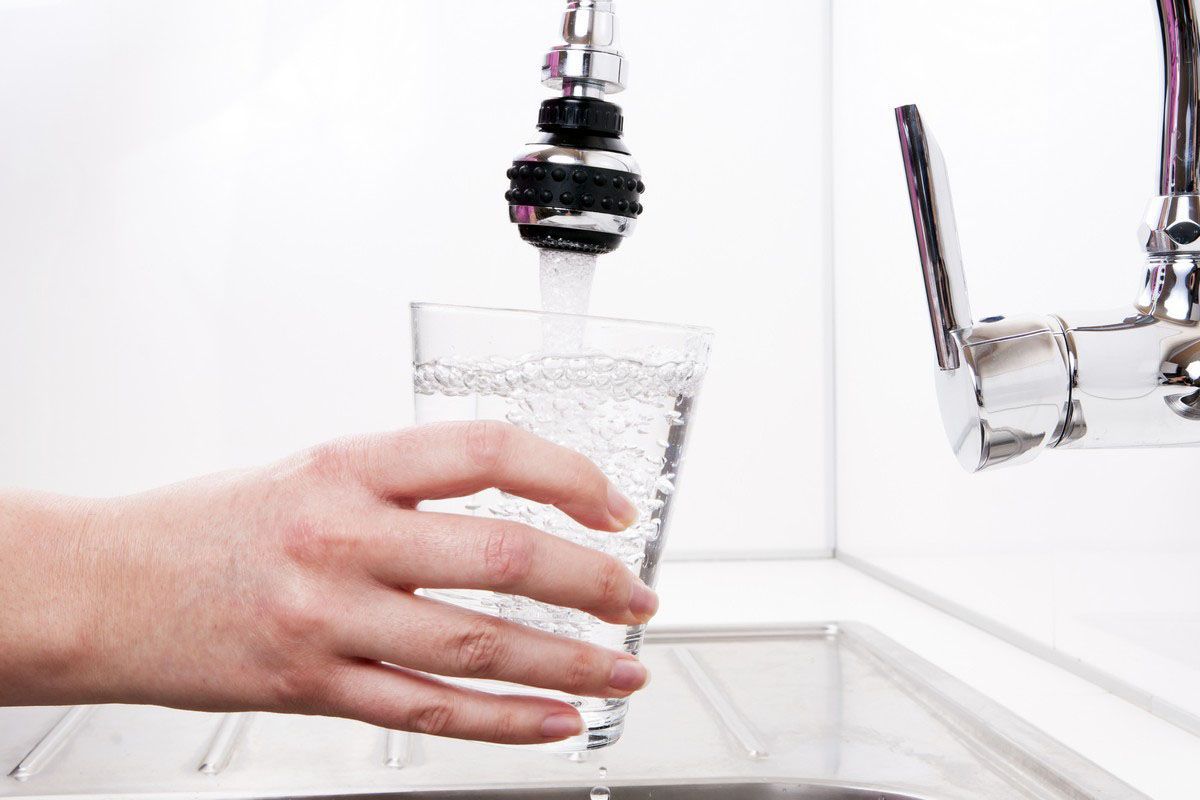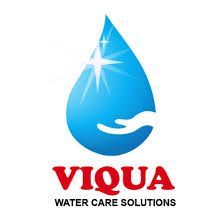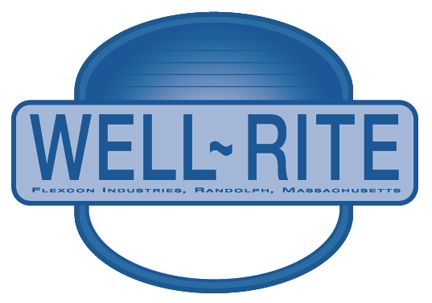August 26, 2025
Clean and safe drinking water is one of the most important necessities for protecting health and supporting quality of life. Beyond its impact on individuals, access to safe water also strengthens communities and safeguards the environment. Water treatment systems play a critical role in making sure the water we rely on every day is free from dangerous substances and pollutants. According to the CDC, over 1 million people in the U.S. get sick a year from germs in drinking water. This reality underscores the importance of having a reliable system in place, which is why choosing the right water treatment company is so essential.
Choosing the right water treatment company is more than just a household decision—it’s a commitment to long-term health and safety. The systems these companies provide are designed to address a wide range of contaminants, from heavy metals to bacteria, while also ensuring compliance with established health standards. Many providers also offer customized solutions for homes, businesses, and larger facilities, making it easier to find an option that matches your specific water quality needs. In the discussion ahead, we’ll explore the most common types of water treatment systems and highlight key factors to consider when deciding which one will best serve your property.
1. Water Filtration Systems
Filtration systems are critical in removing particles, contaminants, and impurities from water, ensuring that it is safe for consumption and use. Carbon filters, for example, utilize activated carbon to trap organic compounds and chlorine, improving water taste and odor. Furthermore, carbon filters are relatively cost-effective and easy to maintain, making them a popular choice among homeowners. In addition to carbon filters, reverse osmosis filters provide a significant level of purification by forcing water through a semi-permeable membrane, leaving contaminants behind. Reverse osmosis systems are effective against a wide range of contaminants, including heavy metals, salts, and microorganisms.
UV filters offer another advanced filtration method, using ultraviolet light to neutralize harmful microorganisms like bacteria and viruses. Although UV filters do not remove particles or chemical contaminants, they provide an additional layer of protection against waterborne illnesses. The effectiveness of UV filters is contingent upon the clarity of the water, as particles can block the UV light, making pre-filtration an essential step. Ceramic filters, meanwhile, offer a traditional approach by using porous ceramic material to physically trap contaminants. Often used in conjunction with other filtration methods, ceramic filters are durable and eco-friendly, contributing to their continued use in water treatment systems.
2. Water Softening Systems
Water softening systems address issues related to hard water, which contains high concentrations of calcium and magnesium. Ion exchange softening is the most common method, where ion-exchange resins exchange hardness ions with sodium or potassium ions, reducing scaling and improving soap effectiveness. This process not only protects plumbing and appliances from mineral buildup but also enhances the quality of water for daily use. However, regular maintenance and periodic regeneration of the resin beads with a brine solution are essential for maintaining system effectiveness. For those who prefer alternatives, salt-free water softening provides a solution by using conditioning methods to prevent scaling without chemical exchanges.
Although magnetic water softeners are easy to install and require no chemicals or salt, their long-term effectiveness remains debated, making it essential to carefully evaluate their suitability for your situation. Portable water softeners are also available, designed for travel or smaller living spaces like RVs, offering the convenience of soft water wherever you go. With various options to choose from, understanding the specific requirements of your water and preferences is crucial in selecting the right water softening system. Ultimately, an effective water softening solution contributes to better appliance efficiency, longer plumbing lifespan, and improved water quality for your daily needs.
3. Specialized Water Treatment Systems
Specialized water treatment systems are designed to address specific contaminants that standard treatment methods may not adequately remove. For example, iron and manganese removal systems use oxidation and filtration techniques to eliminate these minerals, often responsible for discoloration, metallic taste, and staining. These systems help maintain water aesthetics and prevent clogs and damage to plumbing and appliances. Tailored solutions like these are crucial in regions where iron and manganese are prevalent in groundwater supplies. Similarly, arsenic removal systems focus on eliminating arsenic, a toxic element that poses significant health risks like skin damage and increased cancer risk.
Correcting water pH involves adding neutralizing agents like calcium carbonate or sodium hydroxide when the water is too acidic. Heavy metal filtration systems employ technologies such as activated carbon, ion exchange, or reverse osmosis to remove contaminants like lead, mercury, and cadmium. These systems are essential in areas with industrial pollution concerns or old plumbing infrastructure that may leach metals into the water supply. Each specialized system requires careful assessment to identify the contaminants present and select the appropriate technology to address them effectively. Ultimately, these systems provide peace of mind and safeguard health by ensuring that drinking water is safe and free from specific harmful substances, often with the help of an experienced water treatment company.
4. Industrial Water Treatment Systems
Industrial water treatment solutions encompass a range of systems tailored to the complex needs of industries, where water quality directly impacts processes, product quality, and environmental compliance. Boiler feed water treatment is crucial in preventing scale and corrosion in industrial boilers, which can lead to inefficiencies and costly downtime. These systems often involve softening, deaeration, and chemical treatment to ensure that feed water meets required purity standards. In cooling tower water treatment, systems are designed to control microbial growth, scaling, and corrosion, optimizing the efficiency and lifespan of cooling equipment while minimizing maintenance needs. Effective cooling tower treatment reduces water consumption and energy costs by maintaining the system's performance.
Closed-loop system treatment is designed for HVAC systems and other mechanical processes where water is recirculated, preventing corrosion, scaling, and microbial growth within the loop. Chemical treatments and filtration are often used in closed-loop systems to maintain water quality and extend system life. Choosing the right industrial treatment solutions requires assessing the unique needs of the operation, environmental regulations, and the potential for cost savings through improved water management. By working with a trusted water treatment company, industries can ensure operational efficiency, regulatory compliance, and environmental stewardship, contributing to sustainable water use practices.
5. Residential Water Treatment Systems
Residential water treatment options provide homeowners with solutions for improving the quality of water used for drinking, cooking, and other household needs. Whole-house water filters offer comprehensive treatment by filtering water at the point of entry, ensuring that every tap in the house delivers safe and clean water. These systems often incorporate multiple filtration stages, such as carbon, sediment, and sometimes UV filtration, to address a wide range of contaminants. For those seeking targeted solutions, under-sink filtration systems provide point-of-use treatment, commonly using carbon filters or reverse osmosis to purify water specifically at the kitchen sink.
Under-sink systems are favored for their space-saving design and efficiency in delivering high-quality drinking water directly where it is needed most. Countertop filters, another convenient option, attach directly to the faucet, providing easy access to filtered water without the need for complex installation. These systems typically use carbon or ceramic filters to improve taste and remove common contaminants. Pitcher filters offer a low-cost and portable alternative, with a basic carbon filtration system integrated into a water pitcher, suitable for small households or renters. Despite their simplicity, pitcher filters are effective in removing chlorine taste and odor, making them a popular choice for those prioritizing convenience and ease of use.
Working with the right water treatment company ensures that residential systems are properly installed and maintained for maximum effectiveness. Water treatment companies offer a diverse range of systems designed to address different water quality issues, providing solutions for both households and industrial settings. Understanding the array of systems—from filtration and softening to disinfection and specialized treatments—enables consumers to make informed decisions about their water treatment needs. It is important to consider factors such as the specific contaminants present, system maintenance, budget, and intended use when selecting the appropriate system. By investing in the right water treatment technology, individuals and organizations can safeguard health, protect infrastructure, and promote sustainable water use. Ultimately, the right water treatment system can significantly enhance water quality, supporting overall health and well-being in both residential and commercial environments. Contact Water Systems Specialties, A Regional Water Authority Company, today to learn more about our customized solutions and find the right water treatment system to meet your needs with reliability and long-term value.
